The suit, filed on behalf of SERAP by its lawyers, Mr Kolawole Oluwadare and Mr Opeyemi Owolabi, followed SERAP’s Freedom of Information (FoI) requests dated 25 July, 2020.
SERAP which approached a Federal High Court, Abuja, last week, said: “We are SERAP seeking an order of mandamus to direct and compel Dr Lawal and Mr Gbajabiamila to send all reports of completed public hearings and corruption probes to appropriate anti-corruption agencies to consider if there is sufficient admissible evidence to pursue prosecution.
“An order for leave to apply for judicial review and an order of mandamus to direct and/or compel Dr Lawal and Mr Gbajabiamila to widely publish all reports of completed public hearings and corruption probes by the Senate and the House of Representatives, and to disclose the number and names of any indicted suspects since 1999.
“An order of mandamus to direct and compel Dr Lawal and Mr Gbajabiamila to sponsor a resolution to stop lawmakers from directly getting involved in the execution of projects by MDAs, and to ensure the proper and effective exercise of their oversight functions over corruption allegations including in the Niger Delta Development Commission (NDDC) and Nigeria Social Insurance Trust Fund (NSITF).”
“Nigerians have the right to information, as guaranteed under Section 39(1) of the Constitution of Nigeria, 1999 (as amended), and Article 9 of the African Charter on Human and Peoples’ Rights, which the country has ratified and domesticated as part of its national laws.
“Public officers are mere custodians of public records. There is legitimate public interest in the publication of the reports of these public hearings and probes. The public hearings and probes can only serve as effective mechanisms to prevent and combat corruption if their reports are widely published.
“The exercise of oversight functions and powers by the National Assembly to conduct public hearings and corruption probes in MDAs should be regarded as a public trust.
SERAP stressed: “Both the Senate and House of Representatives have over the years conducted several public hearings and corruption probes to expose pervasive problem of corruption in MDAs. Publishing the reports and pursuing prosecution would give Nigerians greater confidence that their lawmakers can use their constitutional oversight functions to address corruption in Nigeria.
“Lack of transparency and accountability about the systemic and widespread corruption allegations in MDAs and among high-ranking public officials has continued to create a culture of impunity, and to have negative impacts on socio-economic development, as well as access of Nigerians to public goods and services, including quality education, adequate healthcare, clean water and regular electricity supply.”












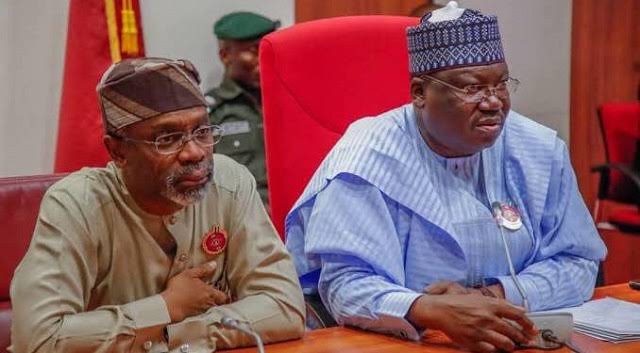

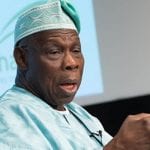






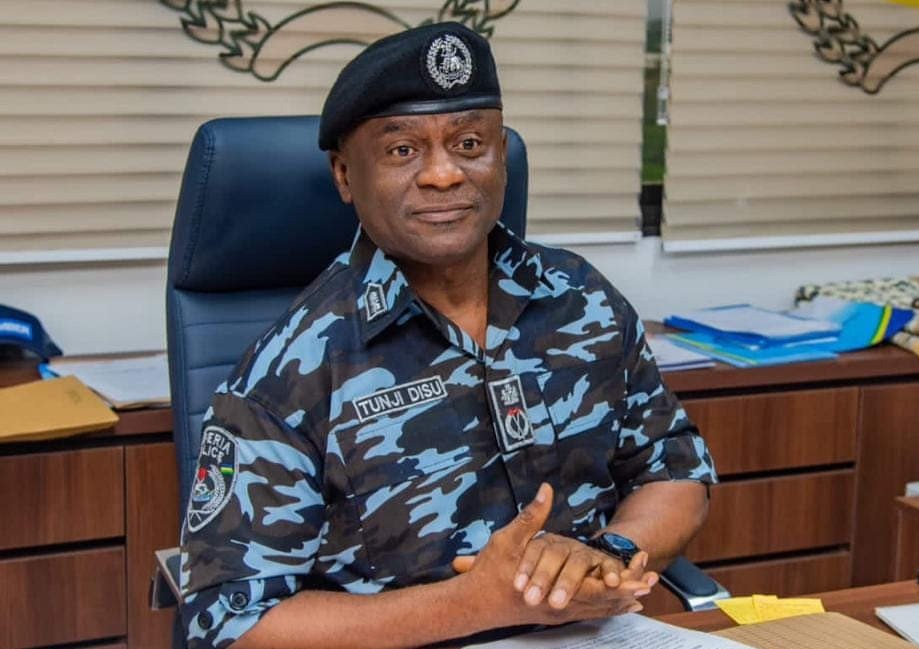
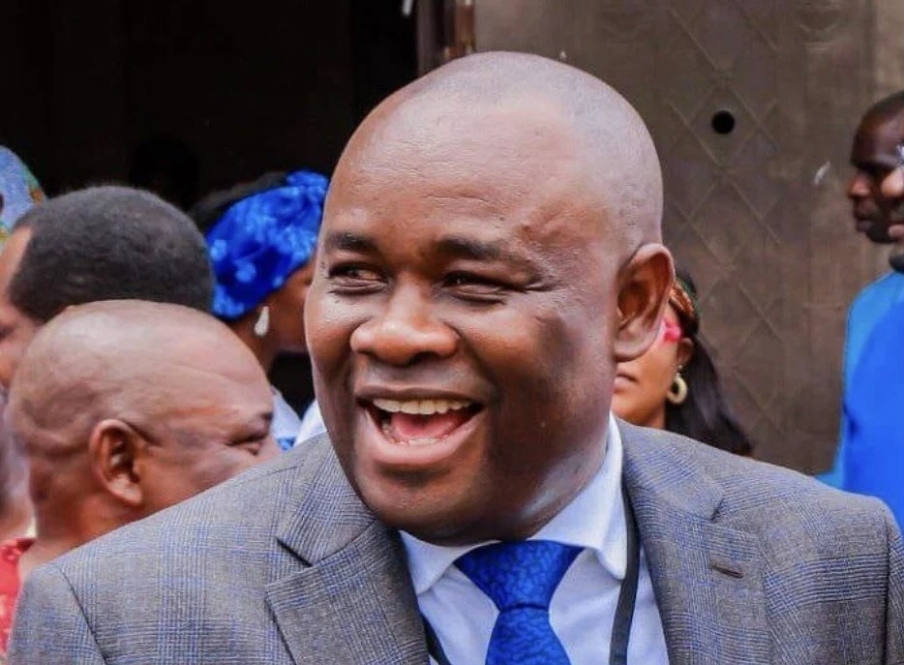
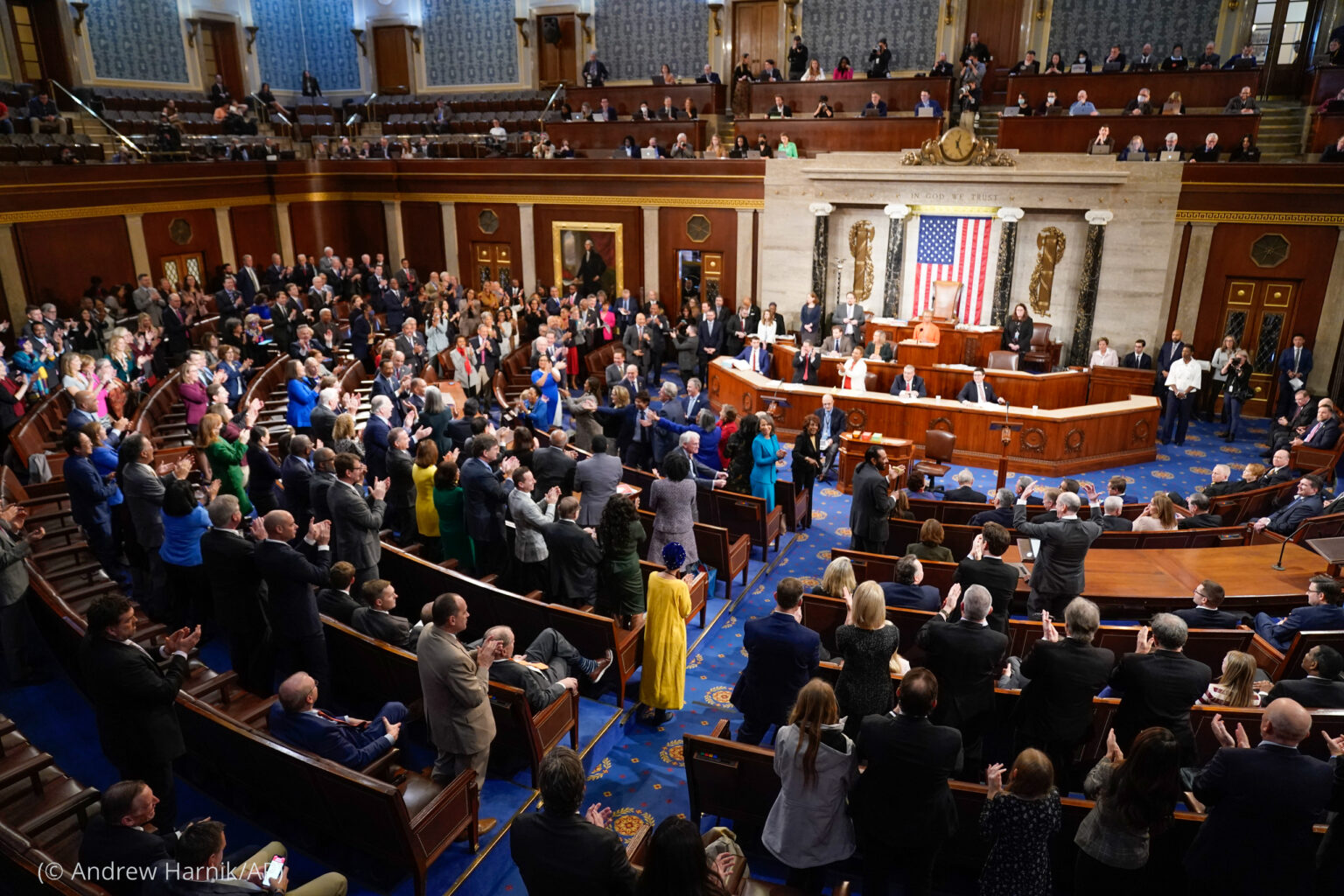
Leave a comment